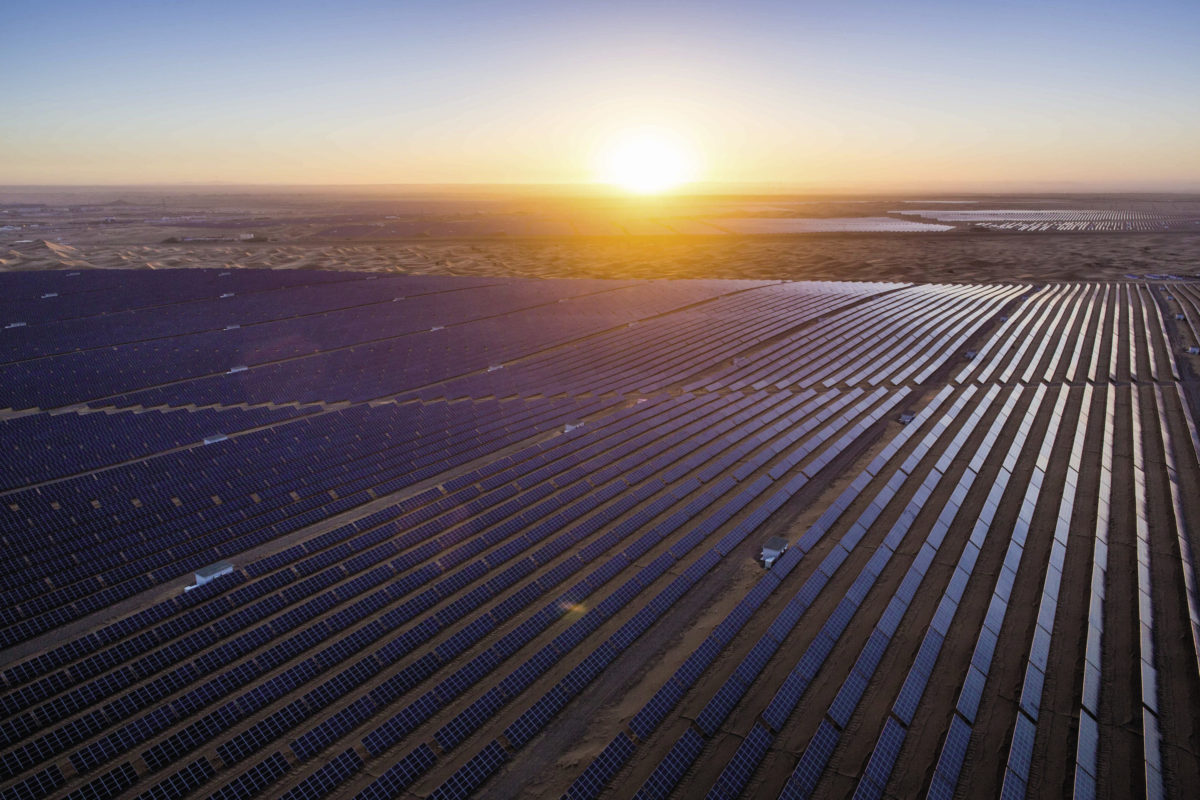The coronavirus halted China's solar industry for most of the first half of the year, but the government claims it has regained full control of the problem and has sent factories back into operation.
Still, the complete standstill has clearly had an impact on the country's PV industry. A new research paper looking at the issue – “The influence of COVID-19 on grid parity of China's photovoltaic industry” – was recently published in Environmental Geochemistry and Health. The researchers come from the field of economics and have applied a range of models to the current market situation.
They point to empirical results suggesting that the pandemic's impact on the PV industry will trigger a short-term jump in production costs, with an immediate lag of one quarter and a periodic lag of four quarters. While factories were closed for a period of time, project development mostly continued. Therefore, the researchers claim that the pandemic's impact was much harder for China's upstream sector. The results will also be felt globally, as China hosts about 80% of the world's PV production capacity.
The researchers expect that the levelized cost of energy for Chinese PV will return to normal levels by the end of this year, and could even reach grid parity. This assumption is partially based on the observation that China's capital-intensive economy was affected by the 2003 SARS outbreak for just three months before returning to normal levels.
Delays in project deployment have been the main result of the pandemic. Such delays affected installation rates into the second and third quarter of this year.
Project delays mean that PV equipment manufacturers are competing less over price and quality, as they focus more on who can deliver according to schedule. Price competition also fades in importance due to fluctuating global demand.
The researchers claimed that there has been a 3% jump in investment costs due to the pandemic. They said that the de-stocking of inventories to free up cash flows has also been harmful to companies. Banks should provide loan facilities and PV equipment suppliers should focus on their investments and projects in development, they said.
This content is protected by copyright and may not be reused. If you want to cooperate with us and would like to reuse some of our content, please contact: editors@pv-magazine.com.




By submitting this form you agree to pv magazine using your data for the purposes of publishing your comment.
Your personal data will only be disclosed or otherwise transmitted to third parties for the purposes of spam filtering or if this is necessary for technical maintenance of the website. Any other transfer to third parties will not take place unless this is justified on the basis of applicable data protection regulations or if pv magazine is legally obliged to do so.
You may revoke this consent at any time with effect for the future, in which case your personal data will be deleted immediately. Otherwise, your data will be deleted if pv magazine has processed your request or the purpose of data storage is fulfilled.
Further information on data privacy can be found in our Data Protection Policy.